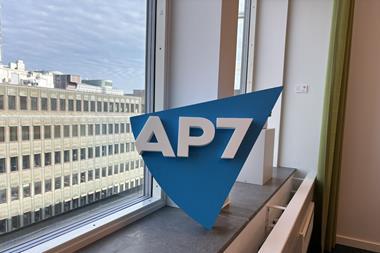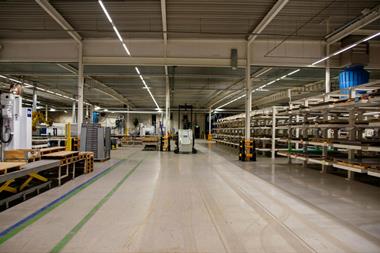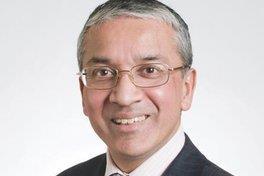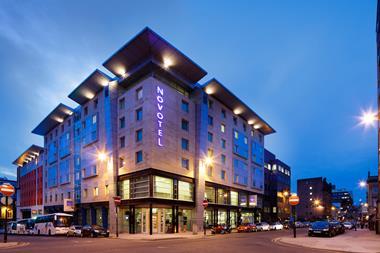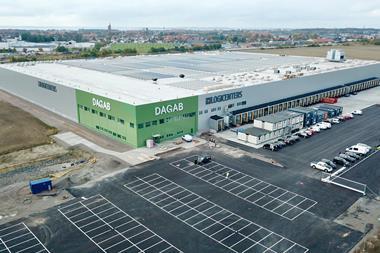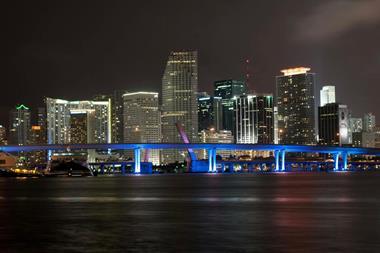La Française hopes to benefit from France’s improved outlook and stability as it expands its real estate investment arm into value-added and development activities next year.
The French asset manager announced today that will have raised €2.2bn for real estate strategies in 2017 – despite the uncertainty surrounding the presidential elections in the first half of the year.
The fundraising, which will take La Française Global REIM’s assets under management to €16bn, is yet to reflect its development ambitions – which took a step closer to realisation in October when it won three sites in the city-wide Grand Paris Project.
All of the capital raised this year – €1.2bn from institutional investors and €1bn through retail channels – was for core-plus funds and investments.
Patrick Rivière, CEO of La Française, told IPE Real Assets he expected 2018 to “be even better” as “there is more visibility” and the company can move forward with its development programme.
The ability to attract Asian capital – 16% of La Française’s fundraising came from Asian investors this year – is a case in point. Asian fundraising was mostly achieved in the second half of the year, including the acquisition in October of a large office complex in Brussels on behalf of a club of French and South Korean investors.
“The first half of the year was difficult to get international investors to invest in the French market,” due to the uncertainty, Rivière said. “But we believe next year will be a very active year for international investors in France.”
The return of international investors to France will be an important factor for La Française’s amibitions to move into development. As reported in October, it hopes to eventually raise €1bn for its Grand Paris development programme, and today Rivière said he expected most of the appetite to come from international investors.
“The one issue with value-added product” for French institutional investors, he said, is that “you have to invest for three or four years before getting your return”.
France’s institutional market is dominated by insurance companies. “They are very eager to get a regular return and so for them to invest in product that are not generating revenue for two or three years is very difficult,” he said.
“So we are expecting more traction from international clients.”





